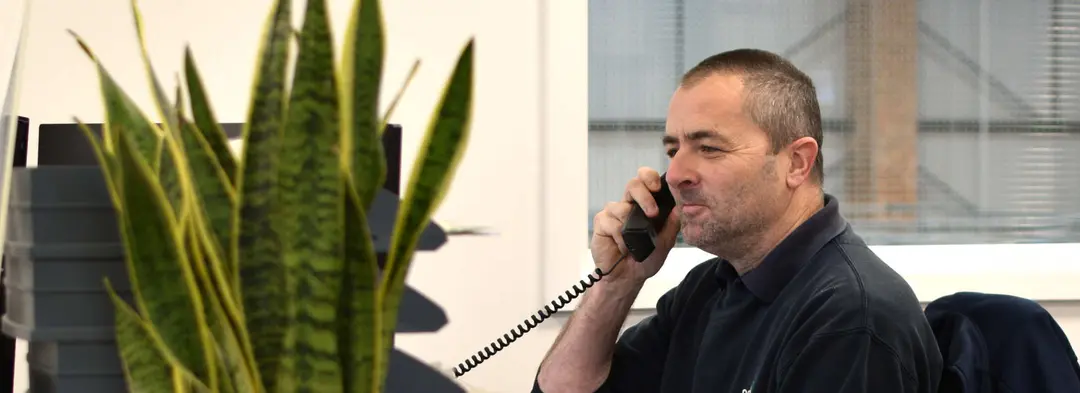 Contact us
Contact us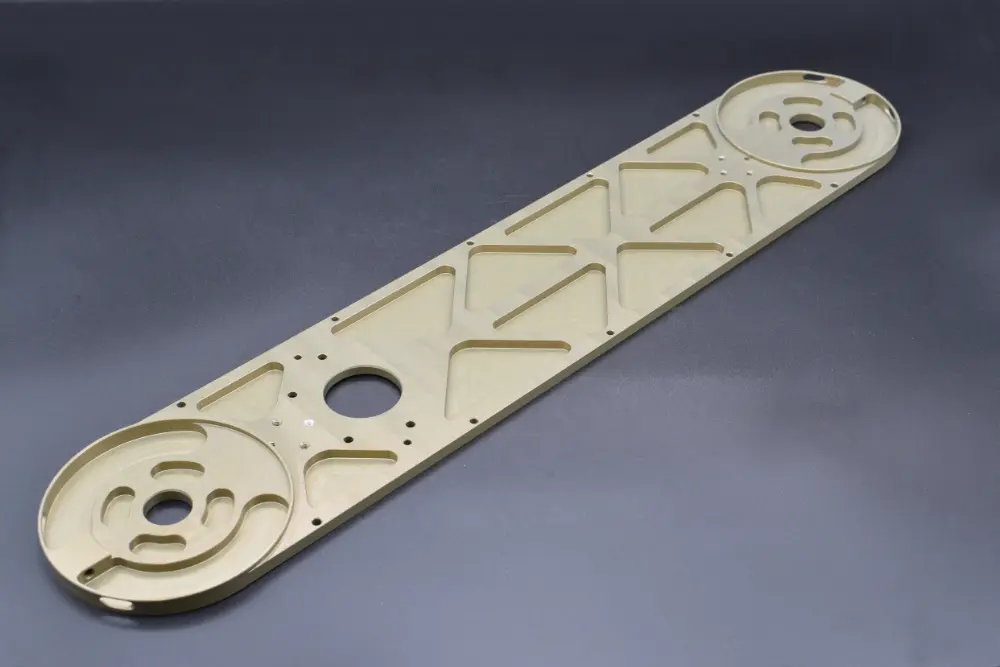

In the world of CNC machined components, the finishing touches can make all the difference. Anodising is a popular method used to enhance the surface properties of metal components, offering improved durability, corrosion resistance, and aesthetic appeal.
Among the various types of anodising processes, two prominent methods stand out: Hard Anodising and Sulphuric Acid Anodising. In this blog, I'll delve into the distinctions of each of these finishing processes, comparing their benefits, common applications, and suitability for CNC machined components.
Before we delve into the specifics, let's grasp the fundamentals of anodising. Anodising is an electrochemical process that forms a protective oxide layer on the surface of metals, primarily aluminium and its alloys. This oxide layer not only enhances the material's surface hardness but also improves corrosion resistance and provides a base for decorative finishes.
Anodising involves immersing the metal component in an electrolytic solution and passing an electric current through it. The type of anodising process, along with variations in parameters such as voltage, current density, and electrolyte composition, determines the characteristics of the resulting oxide layer.
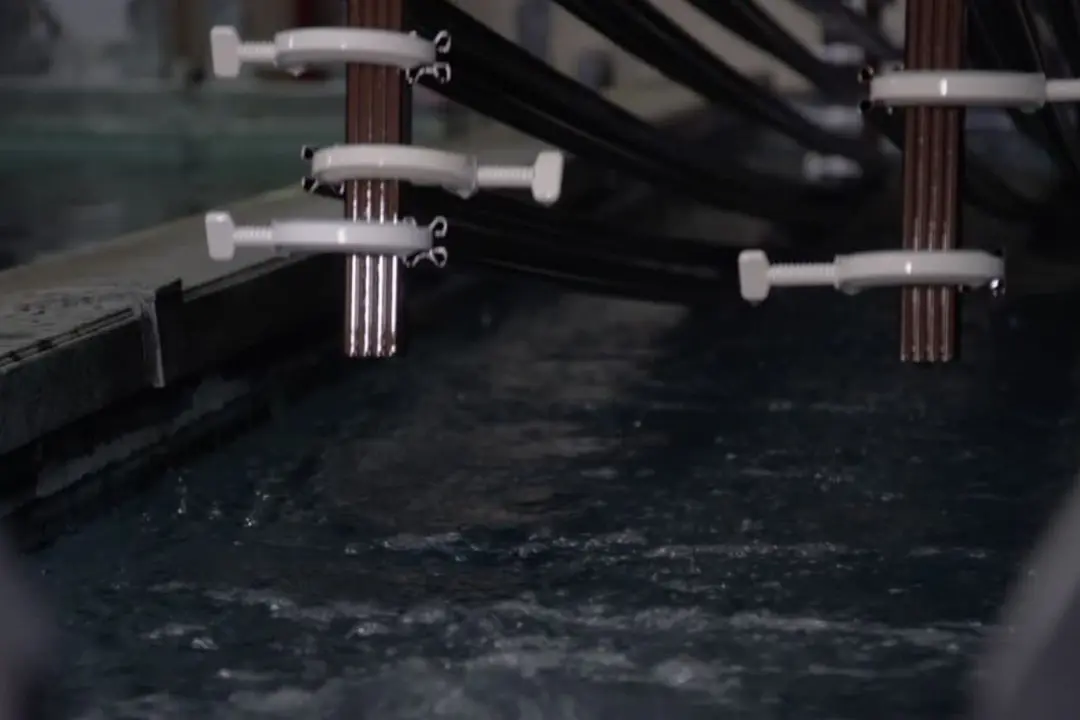
Anodising process – components immersed into electrolytic solution
Hard anodising, also known as Type III anodising, is a specialised anodising process that produces a thicker and denser oxide layer compared to conventional anodising methods. This results in exceptional hardness and wear resistance, making it ideal for applications requiring superior durability.
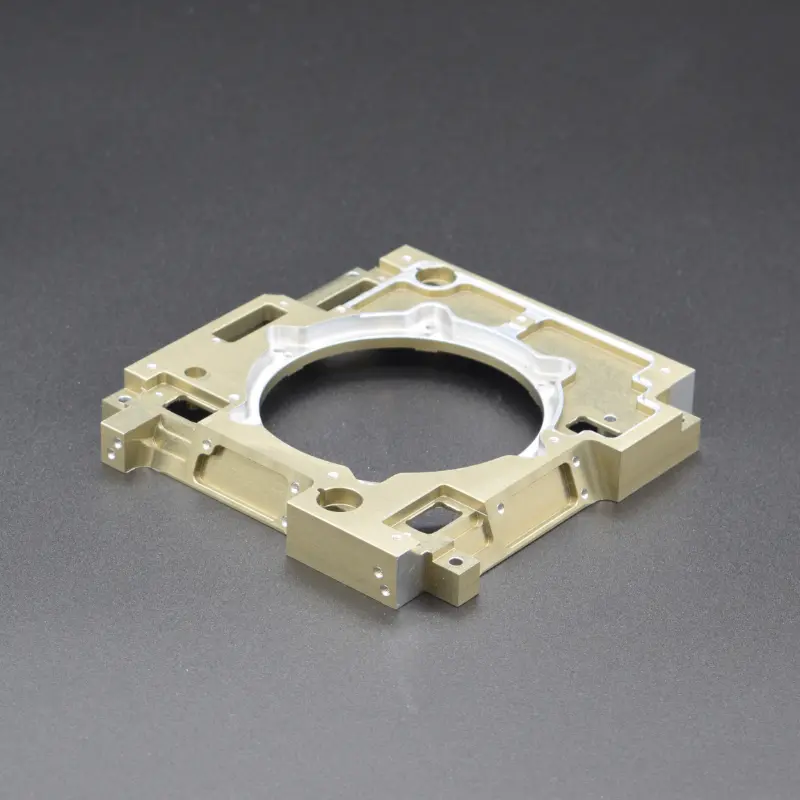
Aluminium 7075 component with a Hard Anodising finish
Sulphuric acid anodising, also known as Type II anodising, is the most common form of anodising used across various industries. It produces a thinner oxide layer compared to hard anodising but offers excellent corrosion resistance and aesthetic options.
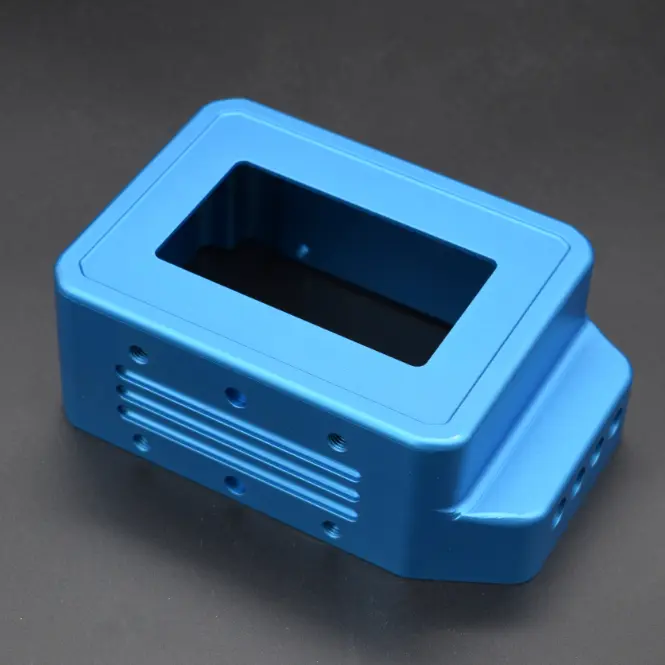
Aluminium 6082 T6 electronics housing with a soft blue Sulphuric Acid Anodising
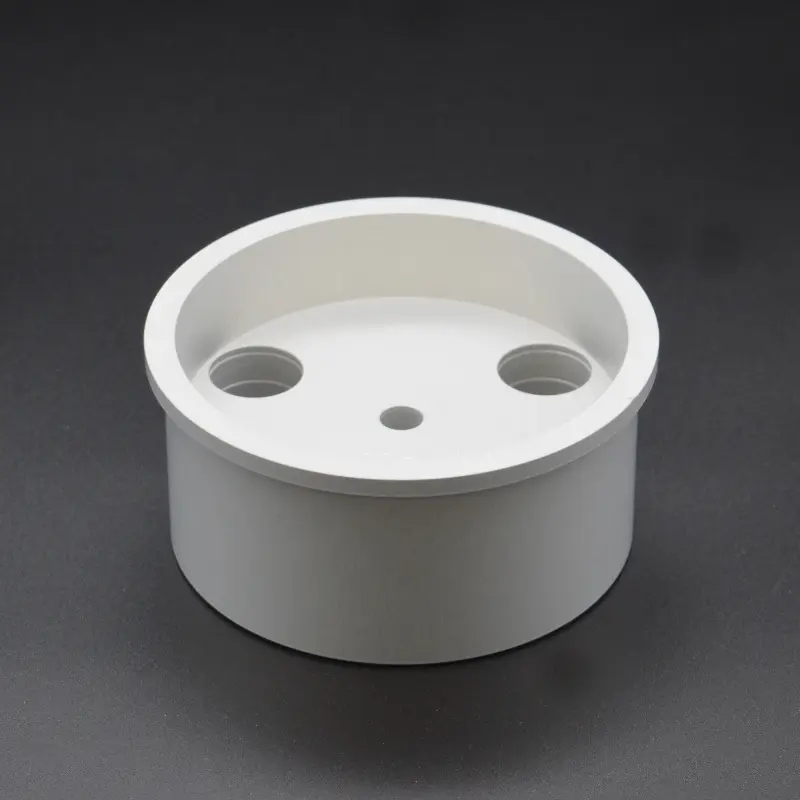
Aluminium component with a natural Sulphuric Acid Anodising
Characteristic
Hard Anodising
Sulphuric Acid Anodising
Thickness of Oxide Layer
Thicker and Denser
Thinner
Hardness
Extremely Hard
Moderate
Wear Resistance
Excellent
Good
Corrosion Resistance
Excellent
Good
Aesthetic Options
Limited
Wide Range (Through Dyeing)
Cost
Higher
Moderate
Common Applications
Aerospace, Automotive, Medical Devices
Architectural, Electronics, Sporting Goods


Natural hard anodised 7075 T6 structural aluminium side support plate
It’s important to really understand the nuances of surface finishing techniques for CNC machined components. While hard anodising excels in providing unparalleled hardness, wear resistance, and corrosion protection, sulphuric acid anodising offers a balance between functionality and aesthetics, with a wider range of colour options and cost-effectiveness.
It’s also important to note that the type and grade of material used for your component can have a big impact on the anodising method you choose, not only for function but also aesthetics. For example, a clear (or natural) anodising finish on certain grades of material can result in a different colour to that on other grades, some may have a silver finish, but others may have a yellow tint. If the aesthetics of the component are critical it’s important to understand how the material grade choice will impact this.
It is crucial to speak to a trusted CNC machining supplier to better understand your options when it comes to what is best for your project – not only will it have an impact on the fit, form and function of your final component, it can have a big impact on cost.
At Penta Precision, we understand the significance of surface finishing in CNC machining. That's why, through our network of trusted providers, we offer a comprehensive range of finishing processes, including hard anodising and sulphuric acid anodising, to meet your specific requirements.
Penta Precision offers a seamless experience from design to delivery across a variety of sectors, so whether you require superior durability with hard anodising or aesthetic versatility with sulphuric acid anodising, we've got you covered.
If you’d like to discuss your next CNC machined component project with our team, please call 02392 668334 or book a Discovery Call with us here.
